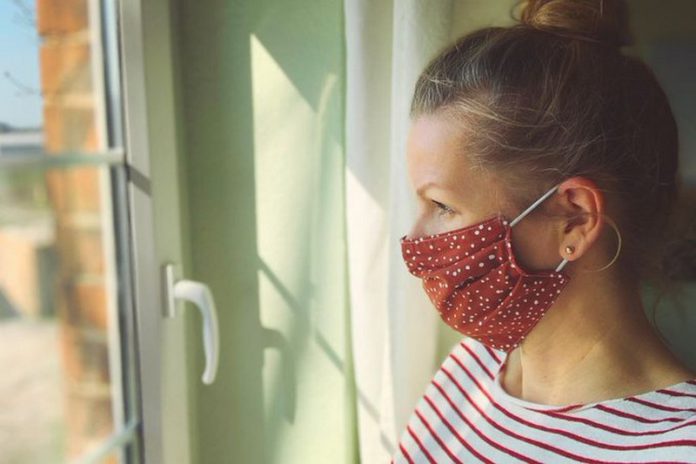Youth more likely to suffer from loneliness than elderlies
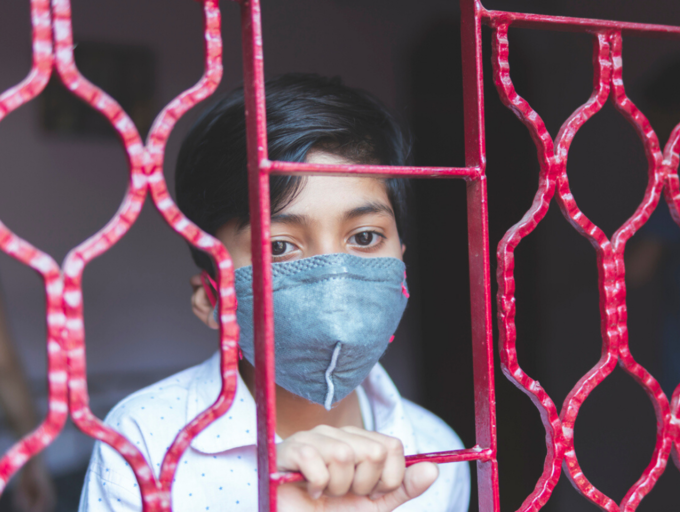
The lockdown restrictions are slowly being lifted worldwide and people are starting to warm up to the idea of stepping out of their houses again. However, even as cities start opening again, the bitter truth is that the world may not ever be the same again. With social distancing being the new norm to function, gone are the days of making spontaneous plans and catching up with the buddies via a single text. Infact, according to recent research, loneliness owing to the coronavirus pandemic is much more likely to affect young adults and women, when compared to older adults.
02/5What does the study say
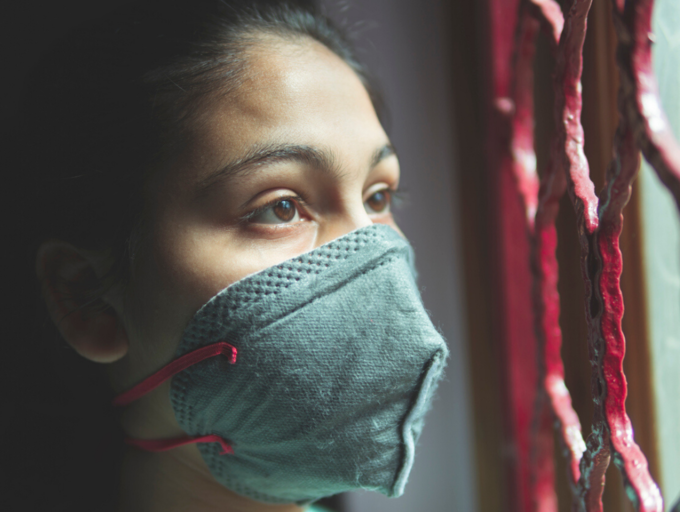
As per an analysis by the Office for National Statistics (ONS), more than 50 per cent of the people in the age group of 16-24 felt lonely during the coronavirus lockdown, which is much higher when compared to baby boomers (55-69 age group), where less than a quarter (24.1 per cent) reported loneliness owing to the lockdown.
To conduct the study, 5,260 adults were asked about “chronic loneliness” while 2,440 out of the group were asked if they felt lonely during the lockdown in the past seven days. The data which was collected between April 3 to May 3, highlights another connection of experiencing loneliness with age. In addition to younger age groups, 50 per cent of those aged 70 and over also felt lonely during the lockdown.
03/5The pandemic of loneliness

The similarity between the youngest and oldest age group when it comes to battling loneliness during the lockdown is surprising to the say the least. This speaks volumes about the fact that we can have thousands of friends/followers online and a very ‘lit’ social feed, but ultimately very few of those virtual relationships translate into tangible friendships.
For the oldest adults in the survey (70 years and above), the single biggest reason could be living without a partner and away from their family.
04/5The data of lockdown
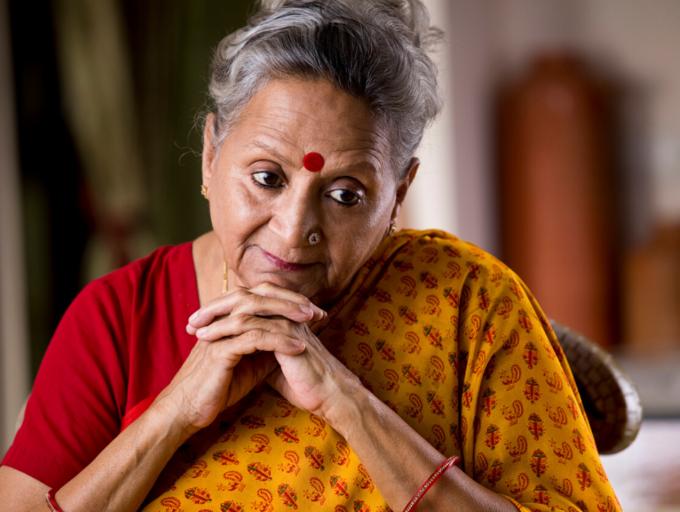
The data further sheds light on the fact that ‘loneliness’ may have a lot to with your health as well as economic status and less related to our personalities. Those who were single, living alone and plagued by any medical condition were more likely to feel cut off from the society and experience bouts of loneliness. The harsh reality is being lonely may also make it very hard for people to find a support network during testing times such as the pandemic.
05/5We all can do our bit
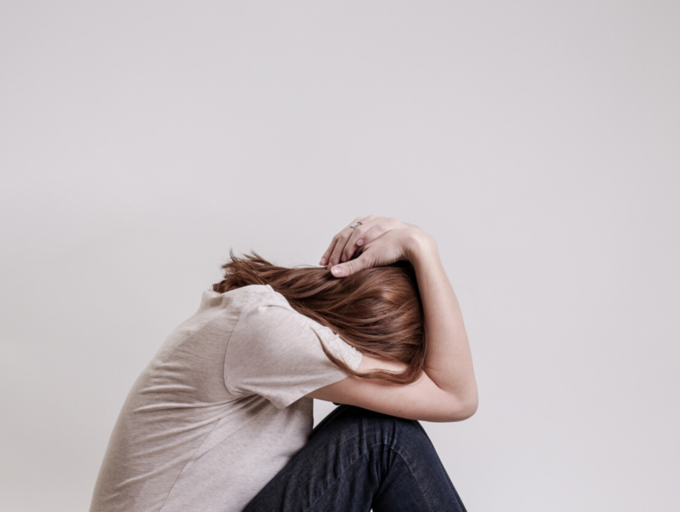
Since we are all living in difficult times, it is important that we as a society look out for each other. We can begin by checking on our neighbours. It can be an elderly who lives alone, a single mother of two or a windowed man. Remember they are not only more likely to feel alone during the pandemic, but they may also be struggling to find basic things to get through the day. Reach out, ask if they need help but do not forget to wear a face-cover and maintain social distancing.

